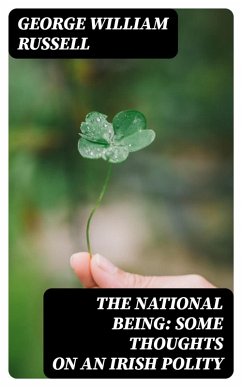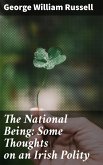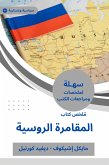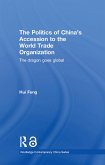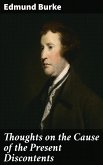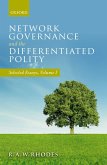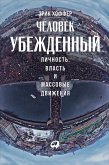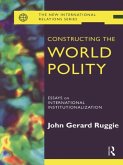In "The National Being: Some Thoughts on an Irish Polity," George William Russell, also known as A.E., offers an incisive exploration of Irish identity and governance in the aftermath of political turbulence at the turn of the 20th century. Through a blend of philosophical discourse and poetic prose, Russell delves into the essential relationship between nationhood and the individual, arguing for a reawakening of the Irish spirit rooted in its cultural heritage. The book emerges as a poignant reflection during a time when Ireland sought to redefine itself amid colonial pressures, offering insights that are both deeply personal and universally resonant in understanding the nuances of national identity. George William Russell (1867-1935) was not only a prominent figure in the Irish Literary Revival but also an influential thinker whose interests spanned spirituality, culture, and political reform. His involvement with various social and artistic movements in Ireland, coupled with his mystical worldview, informed his dedication to establishing a distinctly Irish polity. Russell's belief in the power of art and literature as vehicles for national consciousness stemmed from his own experiences of cultural assimilation and his desire for Ireland's self-determination. I recommend "The National Being" to readers interested in Irish literature, political philosophy, and the evolution of national identity. Russell deftly articulates the struggles and aspirations of his time, making this work essential not just for understanding Irish history but also for engaging with the ongoing discourse regarding identity and governance in contemporary society.
Dieser Download kann aus rechtlichen Gründen nur mit Rechnungsadresse in A, B, BG, CY, CZ, D, DK, EW, E, FIN, F, GR, H, IRL, I, LT, L, LR, M, NL, PL, P, R, S, SLO, SK ausgeliefert werden.

